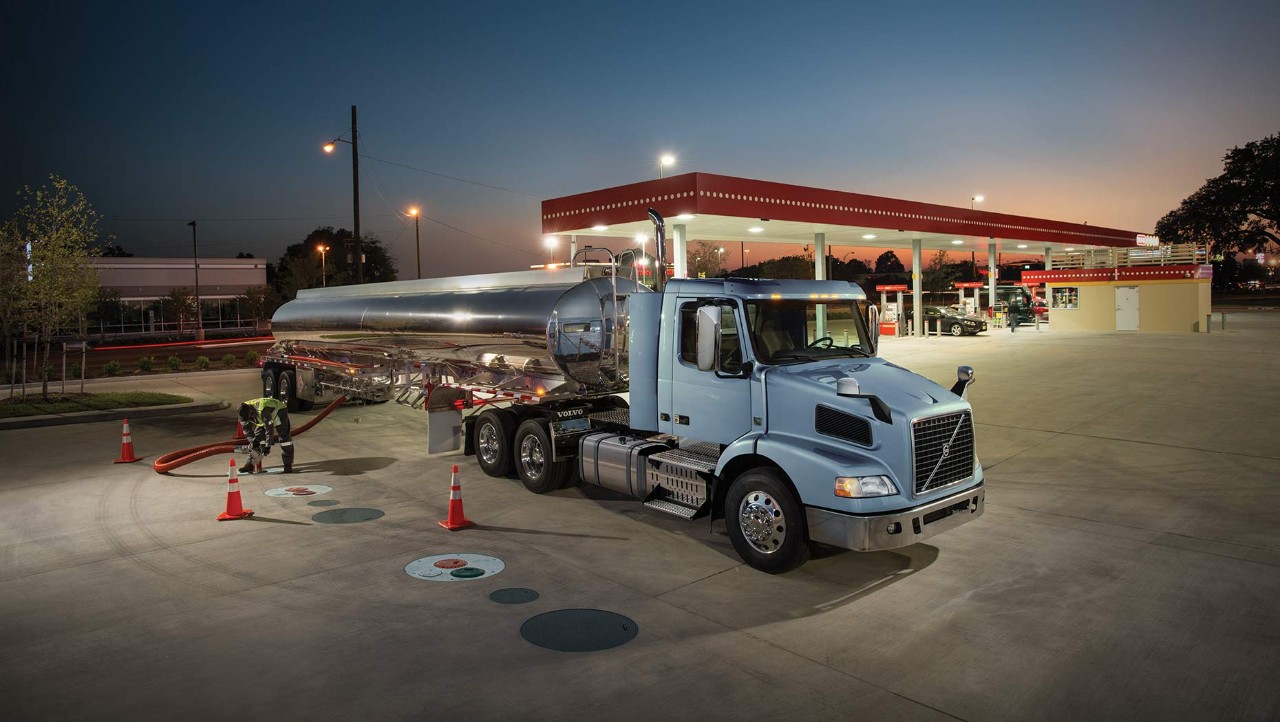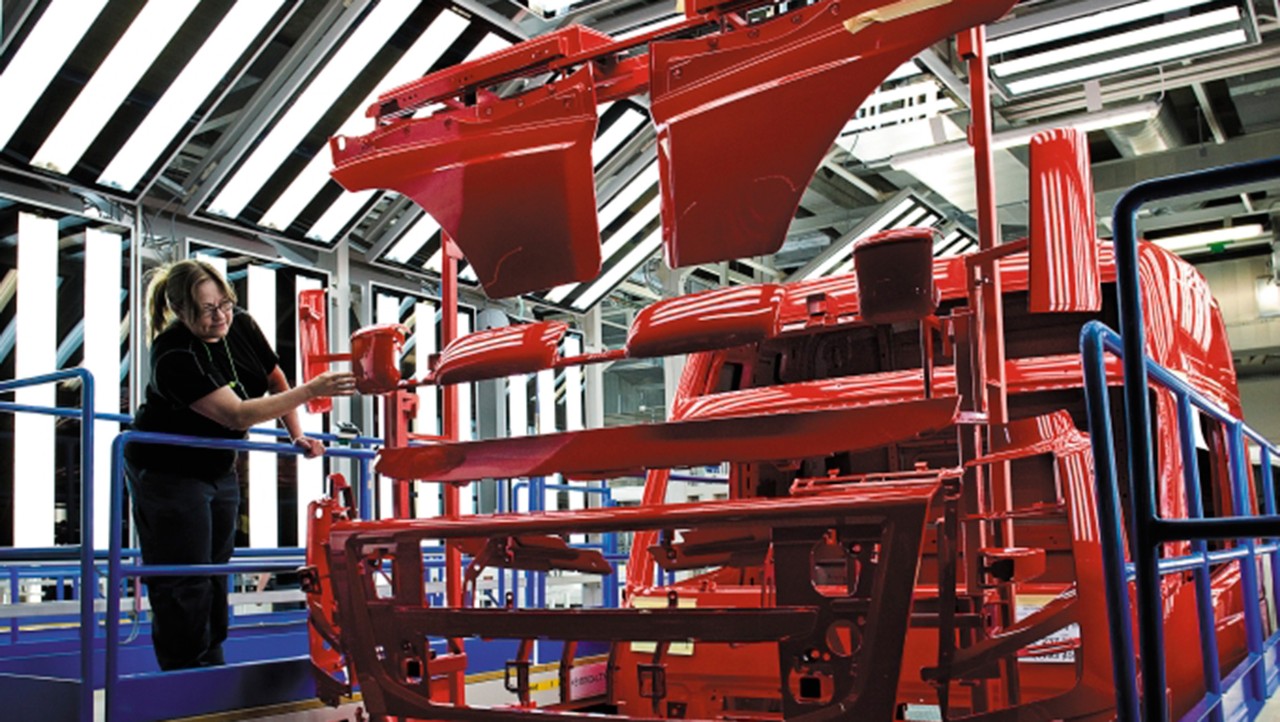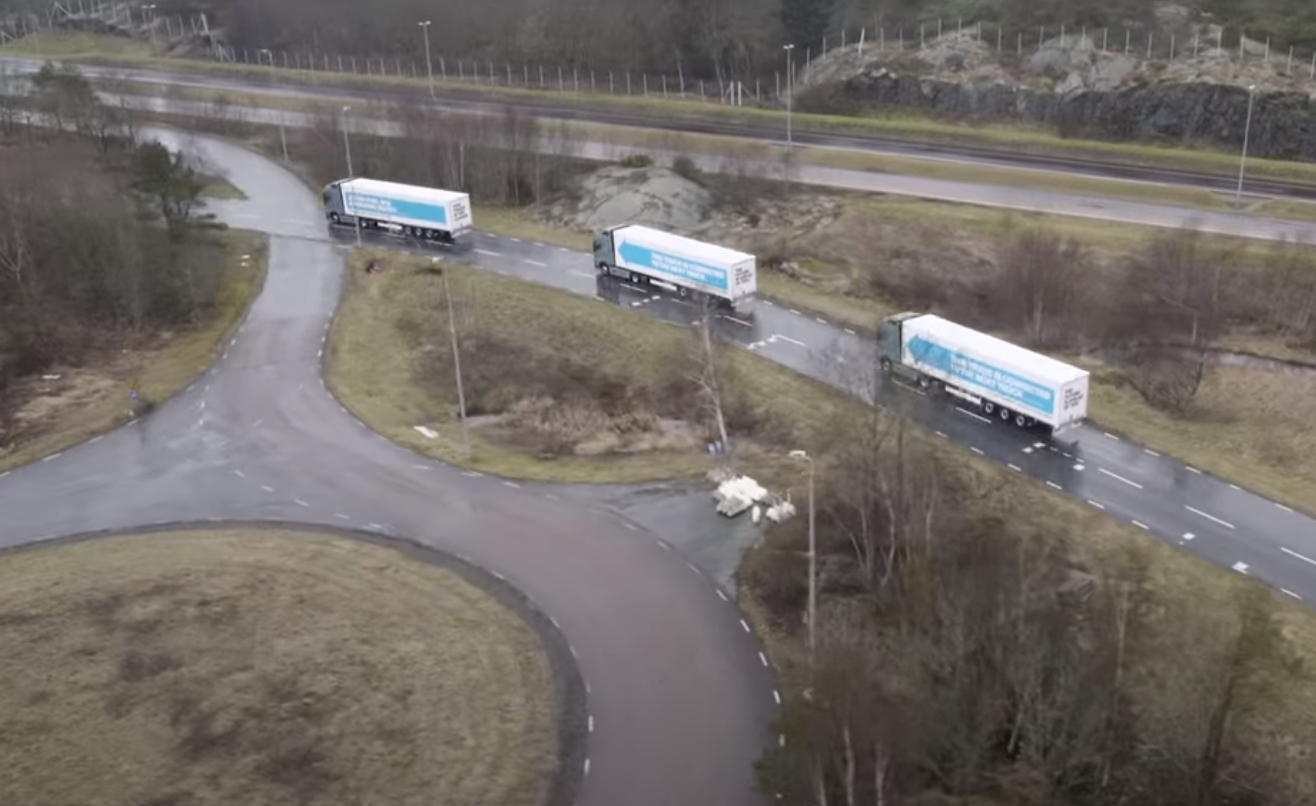
ENVIRONMENTAL CARE BY VOLVO TRUCKS
Environmental care has been a core value since the ’70s. Since then, we’ve reduced the emission of air pollutants from our trucks by up to 90%. And decreased fuel consumption and CO2 emissions by 40%. We believe in sustainable transport solutions. And we’re
confident that our trucks, services and operations will lead the way there.
Protecting the environment is the biggest challenge we face. With new technologies, increased social momentum and industry collaboration, we can turn this challenge into our greatest achievement.
Depleted natural resources
Most of the energy used today comes from non-renewable sources. So we need to find alternative sources.
Global warming
Burning fossil fuels increases greenhouse gases and raises the Earth’s temperature. Forecasts indicate the planet will be six degrees Celsius warmer by 2100.
Exhaust emissions
Air pollution causes major public health and environmental problems worldwide. Pollutants don’t stop at national borders, so we need consistent legislation.
These are serious problems. So we’re tackling them head on by focusing on energy efficiency and alternative fuels. It is a strategy that encompasses our entire business. And it shapes the decisions we make about the future.

Our trucks
About 90% of the environmental impact generated by a truck occurs during its operation – mostly through fuel consumption and the discharge of carbon dioxide and other emissions. This is why energy efficiency and alternative fuels play the central role in our environmental approach.

Our operations
Our objective is to make our production process CO2-neutral. We opened the world’s first CO2-neutral plant in 2007. And our first CO-2neutral dealer opened in 2008. It doesn’t stop there. This work is expanding globally to cover as many of our factories, transportation methods and dealerships as possible.

Tomorrow’s world
We’re not waiting on the future. We’re shaping it. Each of the following projects underpins our long term environmental strategy, and shows how we’ll contribute to sustainable development over the next decade and beyond. It doesn’t stop there. This work is expanding globally to cover as many of our factories, transportation methods and dealerships as possible.

Platooning
Platooning is a transformative development that will deliver a number of benefits. Today, it can reduce the CO₂ emissions by up to 10% but the figure will rise to 15% in the coming decade. On top of that, safety is increased by the connected trucks sharing information.
Zone management
There won’t be any single, global solution for truck fuels in the future – we’ll need to find alternatives for different uses, at different times in different parts of the world. Today, we sell long haul trucks that run on Liquefied Natural Gas – LNG. It’s either fossil or 100% renewable. A majority of our diesel-powered trucks can also run on renewable diesel fuel HVO and some of them can be fuelled with biodiesel.
More fuels. More access.
There won’t be any single, global solution for truck fuels in the future – we’ll need to find alternatives for different uses, at different times in different parts of the world. Today, we sell long haul trucks that run on Liquefied Natural Gas – LNG. It’s either fossil or 100% renewable. A majority of our diesel-powered trucks can also run on renewable diesel fuel HVO and some of them can be fuelled with biodiesel.
Electromobility
In 2018, we introduced our two first all-electric trucks – the Volvo FL Electric and the Volvo FE Electric. They will contribute to make cities quieter, the air cleaner and infrastructure better utilized.
Volvo Supertruck
We’re a part of the SuperTruck programme with the US Department of Energy and the National Energy and Technology Laboratory. The goal is to dramatically improve freight efficiency and reduce carbon emissions by pushing the limits of fuel efficiency on our future trucks.
Together we’re stronger
Today, tomorrow and in the decades to come, we’ll do more for the environment if we all work together. We’re convinced that innovations will provide at least some of the answers society is looking for. That’s why we’re working with research institutions and universities to develop technologies that increase fuel efficiency, and to develop and implement the use of alternative fuels in co-operation with the energy sector.
